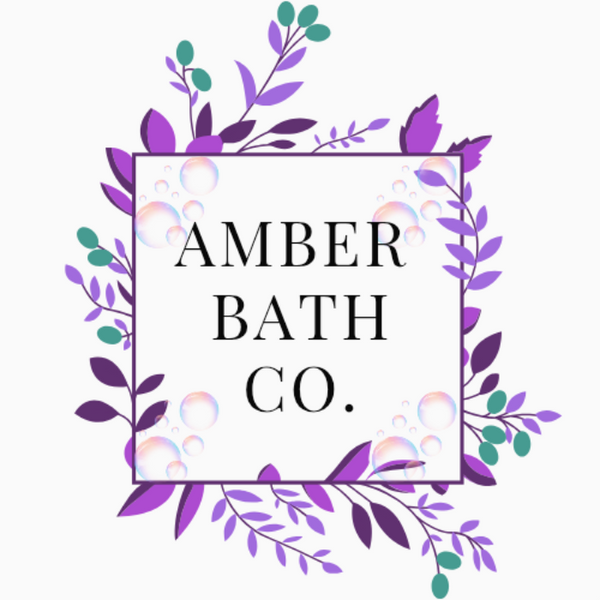
Handmade vs. Commercial Soaps
When it comes to choosing the best soap for your skin, the decision isn’t always as simple as picking up a bar from your local store. The shelves are filled with commercial soaps promising everything from hydration to anti-aging benefits, but have you ever wondered how these compare to handmade soaps? Understanding the differences can help you make the right choice for your skin and your overall health.
Let’s dive into the key distinctions between handmade and commercial soaps, so you can decide which is best for your skin.
1. Ingredients: Natural vs. Synthetic
Handmade Soaps:
Crafted with care, handmade soaps are typically made from high-quality, natural ingredients like plant-based oils (coconut, olive, or sunflower oil), butters (shea or cocoa butter), and even goat’s milk. These ingredients are chosen for their skin-nourishing properties and are often free from harmful chemicals.
Commercial Soaps:
On the other hand, many commercial soaps are mass-produced and rely on synthetic detergents, artificial fragrances, and chemical additives. While these ingredients help with shelf life and lather, they can strip your skin of its natural oils and lead to irritation or dryness.
2. Glycerin: Retained vs. Removed
Handmade Soaps:
One of the biggest advantages of handmade soap is that it retains glycerin, a natural byproduct of the soap-making process. Glycerin is a humectant, which means it draws moisture into your skin, keeping it hydrated and soft.
Commercial Soaps:
In commercial soap production, glycerin is often extracted and sold separately for use in lotions and other skincare products. Without this natural moisturizer, commercial soaps can leave your skin feeling dry and tight.
3. Customization and Care
Handmade Soaps:
Handmade soaps are often crafted in small batches, allowing artisans to create unique scents, colors, and textures. They may include specialty ingredients like kaolin clay, oatmeal, or essential oils to address specific skin concerns.
Commercial Soaps:
Commercial soaps prioritize uniformity and mass appeal. While they may offer a variety of scents, they rarely cater to unique skin needs or feature high-quality, skin-loving ingredients.
4. Skin Benefits
Handmade Soaps:
Because handmade soaps are made with natural oils and butters, they provide nourishment, hydration, and gentle cleansing without stripping your skin. They’re perfect for sensitive, dry, or problem-prone skin.
Commercial Soaps:
While commercial soaps may clean effectively, they can be harsh on your skin, especially if you have sensitivities. The lack of natural moisturizers and the presence of synthetic additives can exacerbate dryness or irritation.
5. Environmental Impact
Handmade Soaps:
Handmade soaps are often created with sustainability in mind. Many artisans use biodegradable ingredients and avoid harmful chemicals, making their products eco-friendly. Packaging is often minimal or recyclable.
Commercial Soaps:
Mass production of commercial soaps can contribute to environmental harm due to chemical runoff, plastic-heavy packaging, and the use of non-renewable resources.
Why Choose Handmade Soaps?
If you’re looking for a soap that cleanses gently, nourishes deeply, and aligns with your values of natural living and sustainability, handmade soap is the clear choice. Each bar is a labor of love, crafted to care for your skin and the planet.
At Amber Bath Co., our handmade soaps are made with high-quality ingredients like goat’s milk, shea butter, and essential oils to provide a luxurious, skin-loving experience. Once you switch to handmade, you’ll never go back!
Ready to make the switch? Explore our collection of handmade soaps and discover the difference for yourself. Your skin will thank you.
